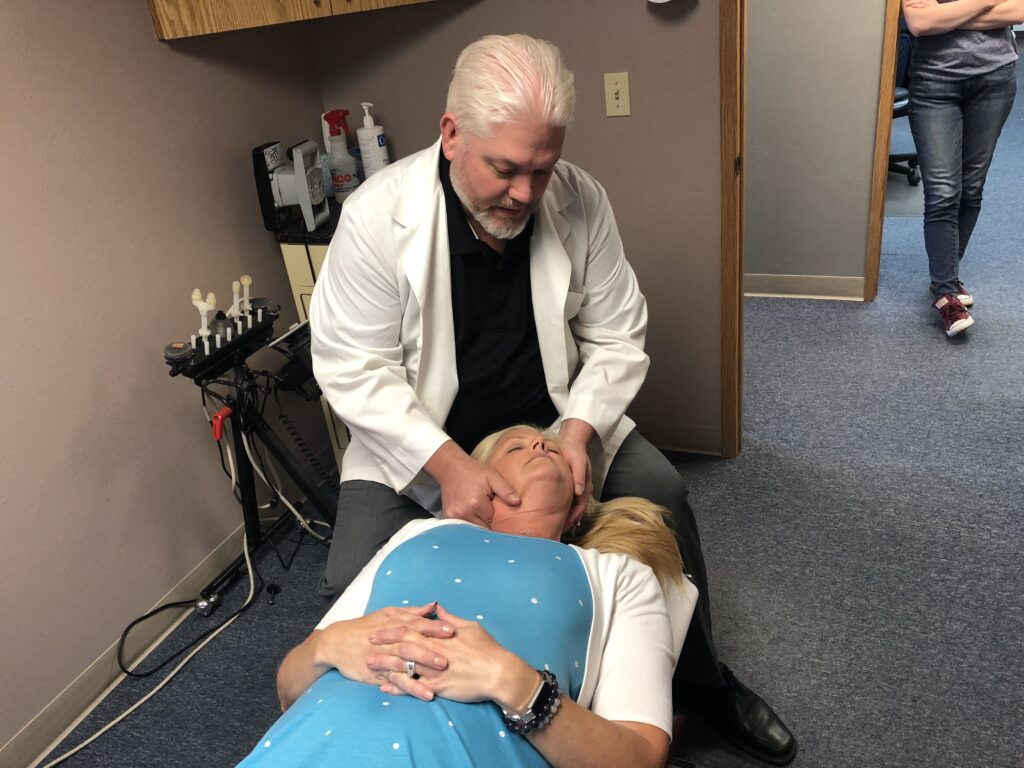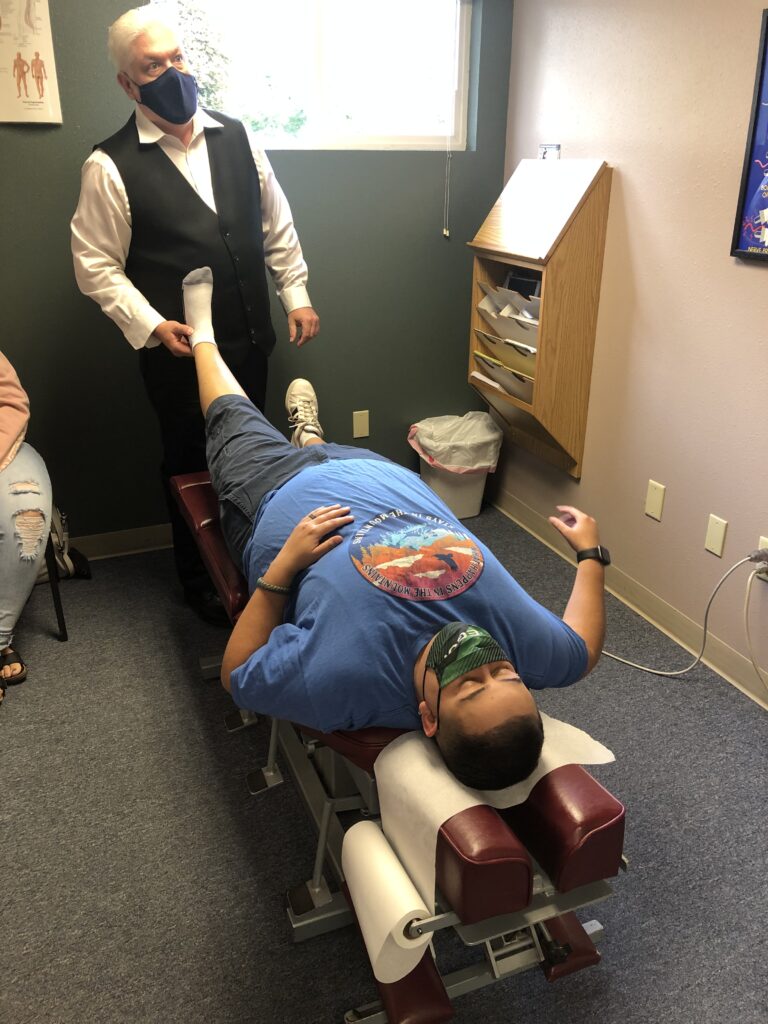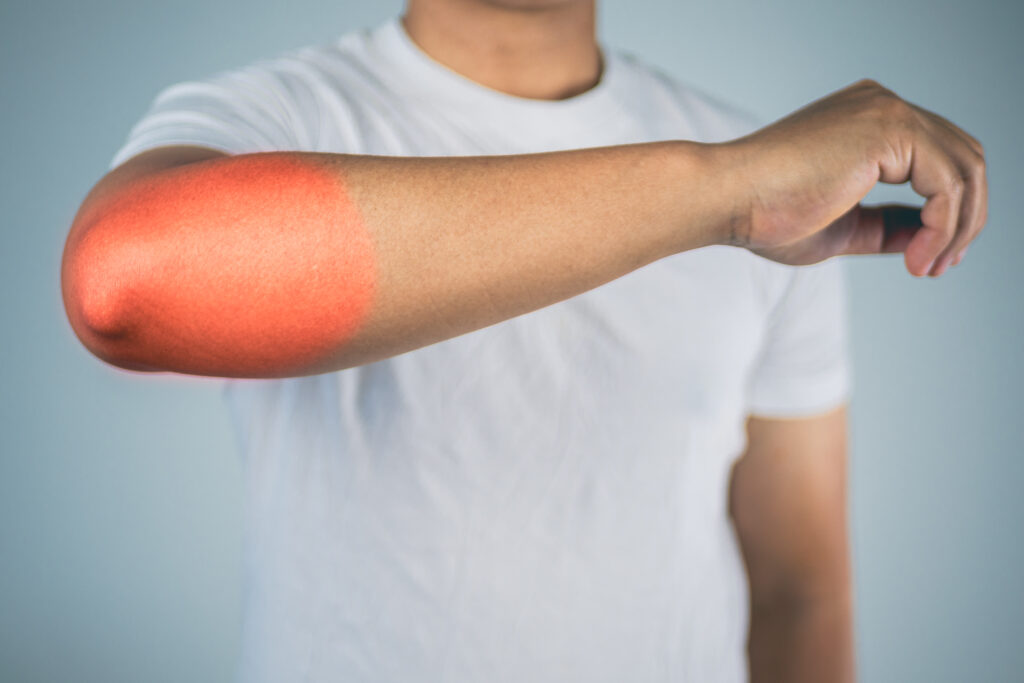When it comes to recovery, you might think you're doing enough, but there are several strategies you could incorporate to enhance your performance. From active recovery techniques that promote circulation to nutrition that fuels muscle repair, the right approach can make a significant difference. You'll also find that advanced therapies and mindfulness practices play essential roles. Curious about how quality sleep and proper hydration fit into the equation? Understanding these elements can lead you to a more effective recovery plan that keeps you at the top of your game.
Active Recovery Techniques
Active recovery techniques play an essential role in enhancing your overall athletic performance and well-being. These methods help your body recover more effectively, reduce soreness, and improve circulation, allowing you to bounce back quicker after intense workouts or competitions. Instead of opting for complete rest, you can integrate low-intensity activities into your routine to keep your body moving without overexerting yourself.
One effective active recovery technique is light aerobic exercise, such as walking, cycling, or swimming. Engaging in these activities for about 20-30 minutes can help flush out lactic acid from your muscles, easing stiffness and promoting blood flow. This increased circulation delivers fundamental nutrients to your muscles, aiding in repair.
Incorporating mobility exercises and stretching into your active recovery days is also important. Focus on dynamic stretches and gentle yoga poses that target the areas you worked out. This not only improves flexibility but also reduces the risk of injury by keeping your muscles and joints limber.
Another technique to keep in mind is foam rolling. Spending just a few minutes rolling out tight muscles can alleviate tension and enhance recovery. It's a simple yet effective way to release knots and improve your overall mobility.
Lastly, don't underestimate the power of rest days. Even on active recovery days, make sure you listen to your body. If you feel overly fatigued, adjust your activities accordingly.
Nutrition for Optimal Recovery
To recover effectively, you need to focus on your nutrition.
Hydration and the right balance of electrolytes are essential, along with adequate protein for muscle repair.
Timing your nutrient intake can also make a significant difference in how quickly you bounce back.
Hydration and Electrolyte Balance
Hydration plays an important role in your recovery process after intense workouts or competitions. When you push your body to its limits, you lose fluids through sweat, which can lead to dehydration if not addressed. Replenishing these fluids is essential for maintaining ideal performance and aiding recovery.
In addition to water, it's important to restore your electrolyte balance. Electrolytes like sodium, potassium, and magnesium help regulate muscle function and nerve signaling. When you sweat, you lose these critical minerals, potentially leading to muscle cramps and fatigue. To counteract this, consider consuming sports drinks or electrolyte-rich foods, such as bananas or coconut water, during and after your workouts.
Aim to drink enough fluids before, during, and after your activities. A good rule of thumb is to hydrate consistently throughout the day, ensuring you're sipping water regularly.
Pay attention to your body's signals—thirst, dark urine, or fatigue can indicate that you need to rehydrate. By prioritizing hydration and electrolyte balance, you'll not only recover faster but also set yourself up for success in your next training session or competition.
Protein for Muscle Repair
Your muscles undergo significant stress during workouts, making protein indispensable for effective recovery. When you push your body to its limits, tiny tears form in your muscle fibers. This is a normal part of building strength, but it's essential to repair these tears with the right nutrients. Protein plays a key role in this process.
Incorporating high-quality protein into your diet helps stimulate muscle protein synthesis, which is critical for repairing and rebuilding muscle tissue. Aim for a variety of protein sources, such as lean meats, fish, dairy, legumes, and plant-based proteins. Each of these options provides necessary amino acids that your body needs to recover effectively.
You should consider your total daily protein intake, too. For athletes, it's often recommended to consume around 1.2 to 2.0 grams of protein per kilogram of body weight, depending on your training intensity.
This guarantees you're supplying your muscles with enough building blocks to recover and grow stronger.
Timing Nutrient Intake
Timing nutrient intake plays an essential role in maximizing recovery after workouts. You've probably heard about the "anabolic window," which is the period right after your workout when your muscles are primed to absorb nutrients.
To take advantage of this, aim to consume a mix of protein and carbohydrates within 30 to 60 minutes post-exercise. This helps replenish glycogen stores and kick-start muscle repair.
Don't just stop there; throughout the day, maintain a consistent intake of protein to support ongoing recovery. Snacks like Greek yogurt, protein shakes, or nut butter on whole-grain toast can be great options.
Also, consider your pre-workout nutrition. Fueling your body with the right nutrients beforehand can enhance performance and set you up for better recovery later.
Stay hydrated, too. Water plays an important role in nutrient transport and muscle function.
If your workout was intense, you might benefit from electrolyte-replenishing drinks.
Advanced Therapies
Athletes often seek innovative solutions to enhance recovery, and advanced therapies are at the forefront of this pursuit. These therapies leverage cutting-edge technology and scientific advancements to help you bounce back faster from injuries and strenuous workouts.
One popular method is cryotherapy, where you expose your body to extremely cold temperatures for a short period. This therapy reduces inflammation, alleviates pain, and speeds up muscle recovery.
Another game-changer is hyperbaric oxygen therapy (HBOT), which involves breathing pure oxygen in a pressurized room. This process enhances oxygen delivery to tissues, promoting faster healing and reducing fatigue after intense training.
If you're dealing with muscle soreness or tightness, consider using percussion therapy devices. These handheld tools deliver rapid bursts of pressure to your muscles, increasing blood flow and decreasing recovery time.
Electrical stimulation therapy is another advanced option, using electrical impulses to stimulate muscles and nerves. This therapy can help reduce pain and promote muscle recovery, making it an excellent addition to your post-training routine.
Lastly, regenerative medicine techniques, like platelet-rich plasma (PRP) injections, harness your body's natural healing properties. By injecting concentrated platelets into injured areas, you can accelerate tissue repair and recovery.
Incorporating these advanced therapies into your recovery plan can greatly enhance your athletic performance. By staying ahead of the curve with these innovative treatments, you'll not only recover faster but also improve your overall resilience on the field or court.
Mindfulness and Meditation
Mindfulness and meditation can greatly enhance your mental clarity and overall performance.
By incorporating simple stress reduction techniques into your routine, you'll not only improve focus but also create a more balanced mindset.
It's time to explore how these practices can support your recovery journey.
Mental Clarity Benefits
Practicing mindfulness and meditation can greatly enhance your mental clarity, helping you focus better on your training and competition. When you commit to these practices, you're training your mind to stay present. This heightened awareness allows you to concentrate on your movements, techniques, and strategies without distractions.
By integrating mindfulness into your routine, you develop the ability to observe your thoughts without judgment. This skill can lead to improved decision-making during high-pressure moments. You'll notice that your reactions become quicker and more instinctive, giving you an edge over your opponents.
Meditation can also sharpen your attention span. As you sit quietly and focus on your breath, you're conditioning your mind to block out distractions. This translates to better performance on the field or court, as you're less likely to get sidetracked by external factors.
Additionally, mental clarity can boost your confidence. When you clearly understand your strengths and weaknesses, you'll approach challenges with a more positive mindset.
Stress Reduction Techniques
Utilizing stress reduction techniques like mindfulness and meditation can greatly enhance your recovery process. When you practice mindfulness, you focus on the present moment, which helps clear your mind of distractions and anxiety. This mental clarity allows your body to recover more effectively after intense workouts or competitions.
Meditation, on the other hand, offers a structured way to calm your mind and reduce stress. By dedicating just a few minutes each day to meditation, you can lower cortisol levels, which is essential for recovery. Less stress means better sleep, improved immune function, and faster muscle repair.
You don't need to be a meditation expert to benefit; simply finding a quiet space, closing your eyes, and concentrating on your breath can work wonders.
Try guided meditations or mindfulness apps to ease into the practice if you're new to it.
Incorporating these techniques into your routine not only helps you recover faster but also enhances your overall performance.
Quality Sleep Practices
To enhance your athletic performance, prioritizing quality sleep is fundamental. Sleep isn't just a time for rest; it's a critical period for recovery, muscle repair, and mental rejuvenation. If you want to perform at your best, you need to make sure you're getting enough restorative sleep each night.
First, establish a consistent sleep schedule. Go to bed and wake up at the same time every day, even on weekends. This consistency helps regulate your body's internal clock, making it easier to fall asleep and wake up refreshed. Aim for 7 to 9 hours of sleep per night, as this range is ideal for most athletes.
Create a sleep-friendly environment. Make your bedroom dark, quiet, and cool. Invest in blackout curtains, earplugs, or a white noise machine if necessary. These adjustments can greatly improve the quality of your sleep.
Additionally, consider your bedtime routine. Engage in relaxing activities like reading or gentle stretching to signal your body that it's time to wind down.
Limit exposure to screens before bed. The blue light emitted by phones, tablets, and computers can disrupt your circadian rhythm, making it harder to fall asleep. Try to disconnect at least an hour before bedtime.
Lastly, be mindful of your pre-sleep nutrition. Avoid heavy meals, caffeine, and alcohol close to bedtime, as they can interfere with your sleep quality.
Hydration Strategies
After ensuring you get quality sleep, the next step in optimizing your athletic performance is focusing on hydration strategies. Staying properly hydrated is essential for maintaining energy levels, enhancing recovery, and preventing injuries.
Start by understanding your body's fluid needs. Monitor your urine color; a pale yellow indicates good hydration, while dark yellow suggests you need to drink more fluids.
During training and competitions, drink water consistently. A general guideline is to consume 7 to 10 ounces of fluid every 10 to 20 minutes during exercise. If you're engaging in prolonged, intense workouts, consider incorporating electrolyte-rich drinks. These beverages help replenish lost sodium, potassium, and other essential minerals, preventing dehydration and cramping.
Post-exercise, rehydrate by consuming 16 to 24 ounces of water for every pound lost during your workout. If you've sweat heavily, opt for a recovery drink that contains electrolytes to restore balance.
It's also a good idea to eat hydrating foods like fruits and vegetables, which contribute to your overall fluid intake.
Don't wait until you're thirsty to drink; make hydration a habit throughout your day. Carry a water bottle with you, and set reminders if necessary.
Regular Physical Therapy
Incorporating regular physical therapy into your routine can greatly enhance your recovery and performance as an athlete. By addressing your specific needs, physical therapy helps prevent injuries, reduce pain, and improve mobility. You'll find that a structured therapy program not only accelerates healing but also boosts your overall athletic capacity.
When you work with a physical therapist, they'll assess your strengths and weaknesses, tailoring exercises that target your specific issues. This personalized approach guarantees that you're not just treating symptoms but also addressing underlying problems. For instance, if you're experiencing tightness in your hamstrings, your therapist may introduce stretching and strengthening exercises to promote flexibility and balance.
Consistency is key. Scheduling regular sessions keeps your body in prime condition, allowing you to adapt to training demands and recover more efficiently. You'll also learn techniques to manage your own recovery, such as proper warm-up routines, cool-down exercises, and self-massage techniques.
Moreover, physical therapy can enhance your performance. Improved biomechanics can lead to better efficiency in your movements, which means you'll use less energy and decrease your risk of injury during competitions.
Conclusion
Incorporating these recovery techniques can greatly enhance your athletic performance. By embracing active recovery, prioritizing nutrition, and utilizing advanced therapies, you'll give your body the best chance to heal and grow stronger. Don't overlook the power of mindfulness and quality sleep—both are vital for mental clarity and physical restoration. Staying hydrated and seeking regular physical therapy will round out your recovery plan. Remember, listening to your body is key to finding the right balance for best performance.



